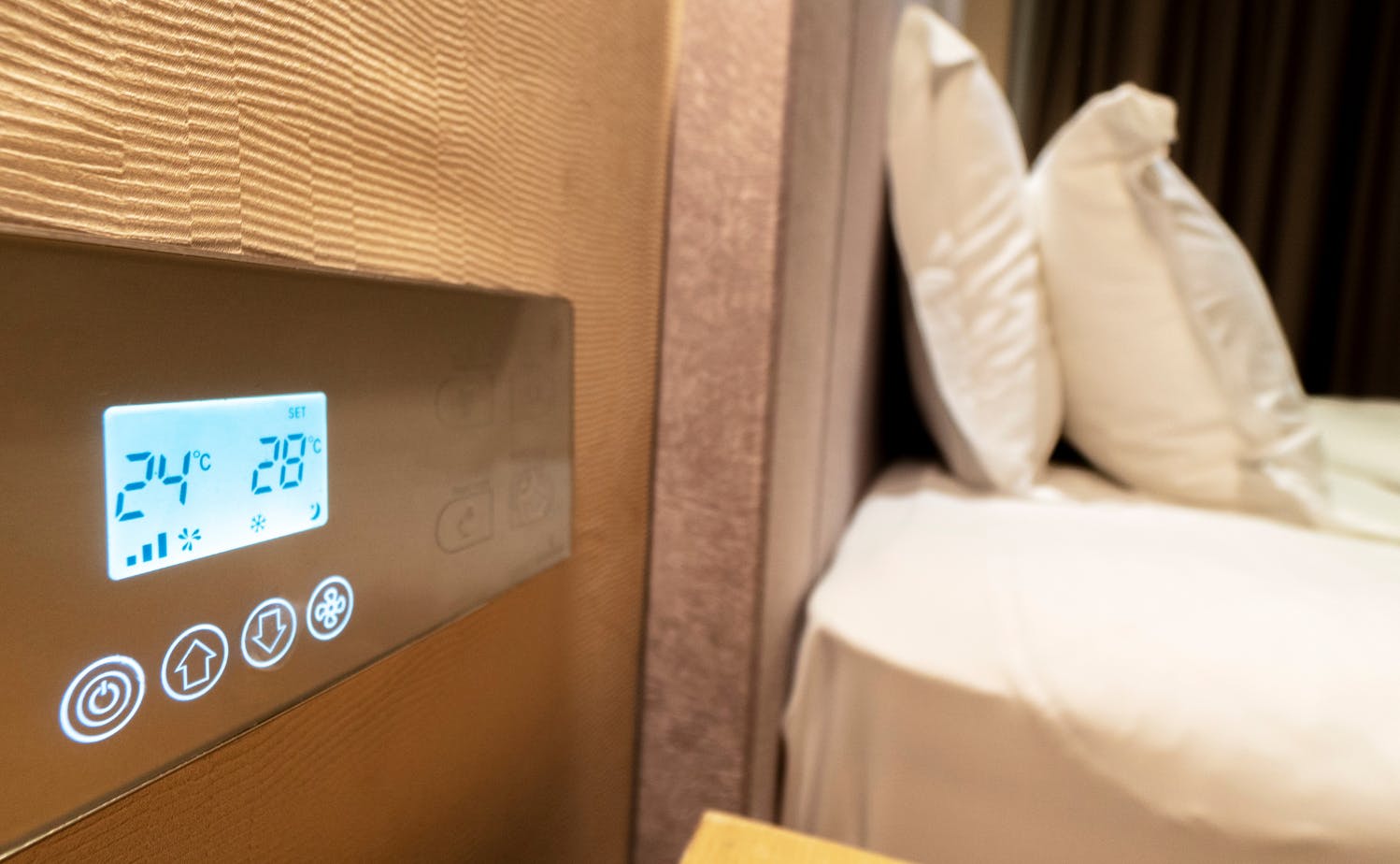
2024 Trends to Watch Out for in the Hotel Industry

As we move into 2024, the hotel industry continues to evolve, driven by technological advancements, changing consumer preferences, and a heightened focus on sustainability.
As we move into 2024, the hotel industry continues to evolve, driven by technological advancements, changing consumer preferences, and a heightened focus on sustainability. Here are the top trends to watch out for this year that will shape the future of hospitality.
1. Hyper-Personalization
In 2024, personalization will go beyond addressing guests by their names. Hotels will leverage big data and AI to provide hyper-personalized experiences that cater to individual preferences and behaviors:
- Customized Room Features: Guests can choose room settings such as lighting, temperature, and even scent preferences before they arrive.
- Personalized Recommendations: AI-driven systems will suggest activities, dining options, and local attractions based on past behavior and preferences. According to a McKinsey report, companies using customer analytics effectively can improve their profitability by 126%.
- Tailored Communication: Personalized marketing campaigns will engage guests through their preferred channels with offers and information relevant to their interests. Salesforce reports that AI-driven personalization can boost conversion rates by up to 20% (Salesforce).
2. Sustainable Practices
Sustainability remains a top priority for travelers and hoteliers alike. In 2024, expect to see:
- Eco-Friendly Amenities: Hotels will offer biodegradable toiletries, reusable water bottles, and sustainably sourced bed linens.
- Energy Efficiency: The adoption of energy-efficient technologies such as smart thermostats, LED lighting, and solar panels will increase. According to Statista, the green building market is expected to reach $364.6 billion by 2022, indicating a strong trend towards sustainable infrastructure.
- Waste Reduction: Hotels will implement comprehensive recycling programs and reduce single-use plastics. Composting and food waste reduction initiatives will also gain traction.
3. Smart Technology Integration
The integration of smart technology will continue to enhance guest experiences and streamline hotel operations:
- Smart Rooms: Guests will control room settings, entertainment, and services via voice-activated assistants or mobile apps. Gartner predicts that by 2022, 70% of customer interactions will involve emerging technologies like AI and machine learning.
- Contactless Services: The demand for contactless check-in/check-out, mobile room keys, and digital payment options will grow, driven by a preference for minimal physical contact.
- IoT Devices: Internet of Things (IoT) devices will monitor and manage energy consumption, predictive maintenance, and guest preferences, improving operational efficiency.

4. Wellness Tourism
The wellness trend is expanding beyond traditional spa services to encompass holistic well-being:
- Wellness Amenities: Hotels will offer fitness programs, yoga sessions, meditation spaces, and healthy dining options.
- Sleep Programs: Recognizing the importance of sleep, hotels will provide sleep-enhancing amenities such as blackout curtains, soundproof rooms, and sleep-inducing aromatherapy.
- Mental Health Focus: Programs that support mental health, including stress management workshops and mindfulness activities, will become more prevalent. According to the Global Wellness Institute, the wellness tourism market is projected to grow to $919 billion by 2022 (GWI).

5. Experiential Travel
Travelers increasingly seek unique and immersive experiences rather than just accommodation:
- Local Experiences: Hotels will partner with local businesses to offer authentic cultural experiences, such as cooking classes, guided tours, and artisan workshops.
- Adventure Packages: Customized adventure travel packages, including activities like hiking, diving, and wildlife safaris, will attract thrill-seekers.
- Thematic Stays: Themed accommodations and experiences, such as eco-lodges, historical sites, and wellness retreats, will cater to niche markets. A study by Booking.com found that 57% of travelers want to experience more unique and unusual accommodations in 2023 (Booking.com).

6. Flexible Booking Options
Flexibility in booking and cancellation policies will be crucial to meet evolving traveler expectations:
- Dynamic Pricing: AI-driven dynamic pricing models will offer competitive rates based on demand, booking window, and guest profiles.
- Flexible Policies: Hotels will provide flexible booking and cancellation options to accommodate changing travel plans without penalizing guests.
- Subscription Models: Membership and subscription-based stay programs will offer guests regular stays at discounted rates, promoting loyalty and repeat business. According to Skift, flexibility will be a key differentiator in travel bookings post-pandemic.
7. Enhanced Focus on Security
Security will be paramount, with hotels investing in advanced systems to ensure guest safety:
- Cybersecurity: Hotels will enhance their cybersecurity measures to protect guest data from breaches and cyber-attacks. According to IBM, the average cost of a data breach in the hospitality industry was $2.94 million in 2021.
- Physical Security: Innovations in physical security, such as biometric access control, surveillance systems, and emergency response protocols, will be implemented.
- Health and Safety: Continued emphasis on health and safety protocols, including enhanced cleaning practices and air quality monitoring, will reassure guests. A survey by J.D. Power found that cleanliness and safety measures are top priorities for hotel guests.
8. Rise of Hybrid Hospitality
The concept of hybrid hospitality, blending work and leisure, will gain momentum:
- Work-from-Hotel Packages: Hotels will offer packages that cater to remote workers, providing workspaces, high-speed internet, and business amenities. According to Statista, 36.2 million Americans will be working remotely by 2025.
- Bleisure Travel: Combining business and leisure travel, hotels will design spaces that support work and relaxation, such as coworking areas and leisure facilities. A report by SAP Concur indicates that 89% of business travelers have added personal vacation time to their business trips.

Conclusion
As the hotel industry adapts to these emerging trends in 2024, hoteliers must stay agile and innovative to meet the changing demands of travelers. By embracing hyper-personalization, sustainability, smart technology, wellness tourism, experiential travel, flexible booking options, enhanced security, and hybrid hospitality, hotels can provide exceptional guest experiences and remain competitive in a rapidly evolving market.